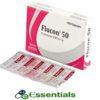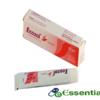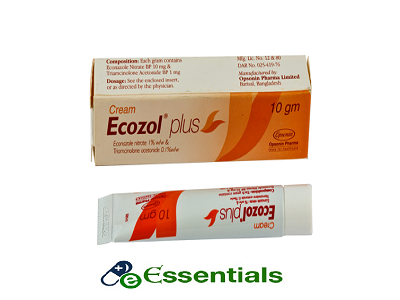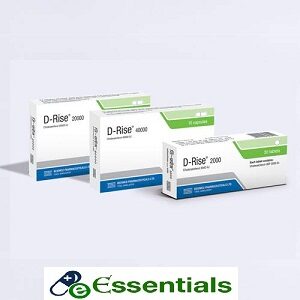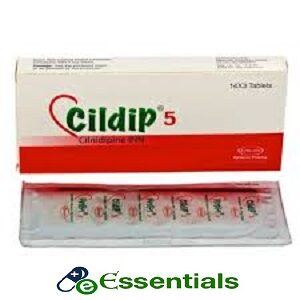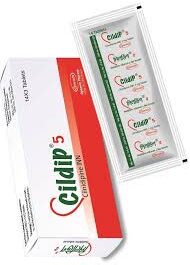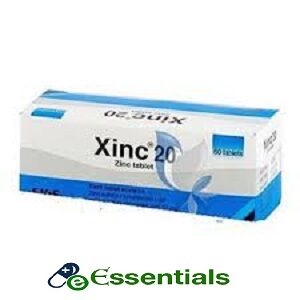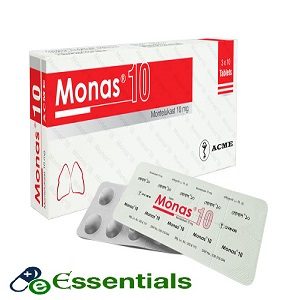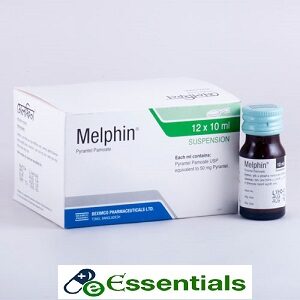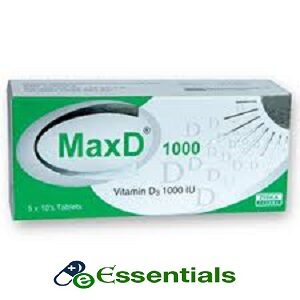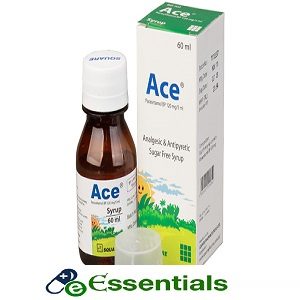Indications
It is indicated for the treatment of steroid-responsive inflammatory dermatoses with econazole-sensitive mycotic and bacterial superinfections like:
- Eczematous mycosis,
- Eczema marginatum hebecae,
- Herpes circinatum,
- Folliculitistrichophytica,
- Mycosis barbae
Onychomycoses- for the treatment of onychomycoses, local therapy with Econazole/ Triamcinolone cream, combined with an oral antimycotic, is recommended.
Therapeutic Class
Pharmacology
Econazole Nitrate: Econazole modifies the permeability of cell wall membrane in fungi; may interfere with RNA and protein synthesis, and lipid metabolism.
Triamcinolone has mainly glucocorticoid activity. It suppresses the migration of polymorphonuclear leukocytes and reduces capillary permeability thereby decreasing inflammation.
Dosage & Administration
Adults: Apply twice daily to the affected area and rub on the skin gently with the finger. Continue the applications for 14 days or as directed by the doctor.
Children: Suitable for topical application to children.
For topical administration only.
Contraindications
Side Effects
Pregnancy & Lactation
Pregnancy: Not the Econazole but the Triamcinolone Acetonide crosses the placenta and topical administration of corticosteroids to pregnant animals can cause abnormalities of foetal development. The relevance of this finding to human beings has not been established. However, topical steroids in large amounts or for prolonged periods should not be used in pregnancy.
Lactation: Negligible amount of econazole and to some extent Triamcinolone may be excreted in small amounts in breast milk. So, this cream should not be prescribed to the lactating mother or if prescribed lactation should be withheld during treatment.
Precautions
Overdose Effects
Brand
Opsonin Pharma Limited


